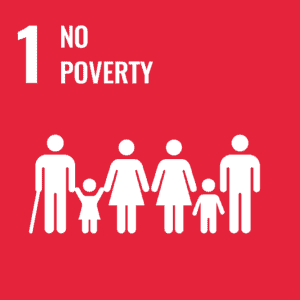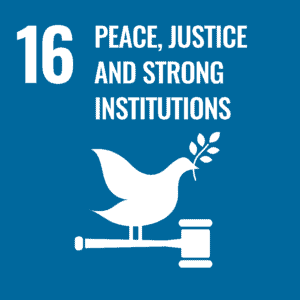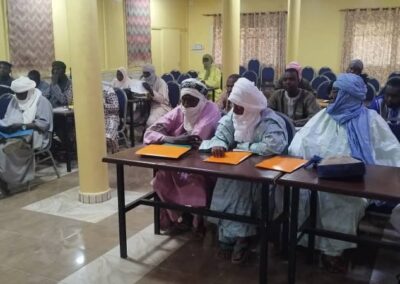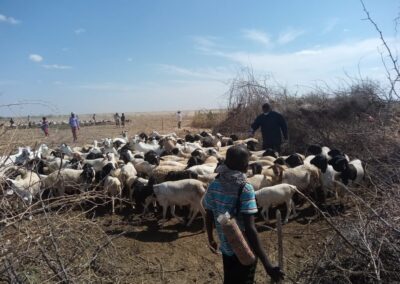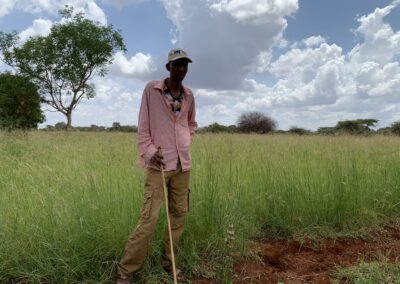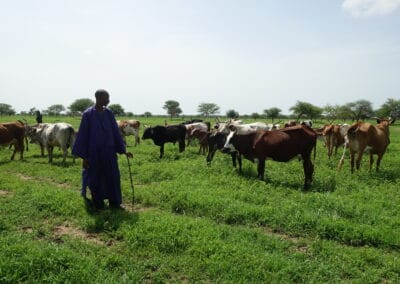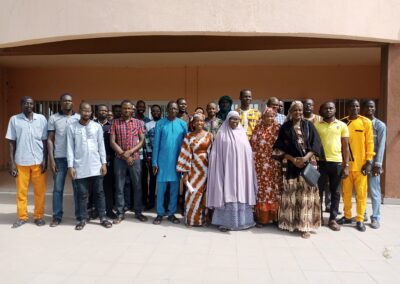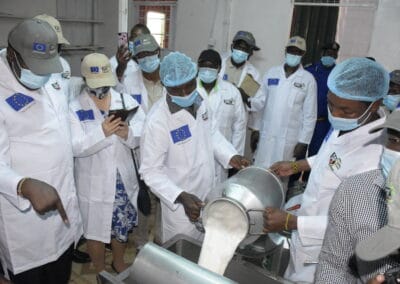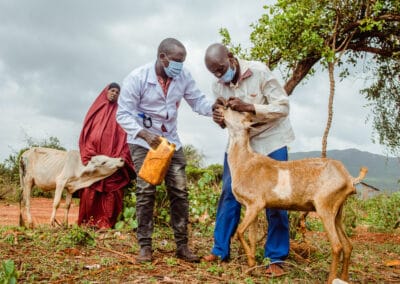Rights-based and Agroecological Initiatives for Sustainability and Equity in Peasant Communities
Project Overview
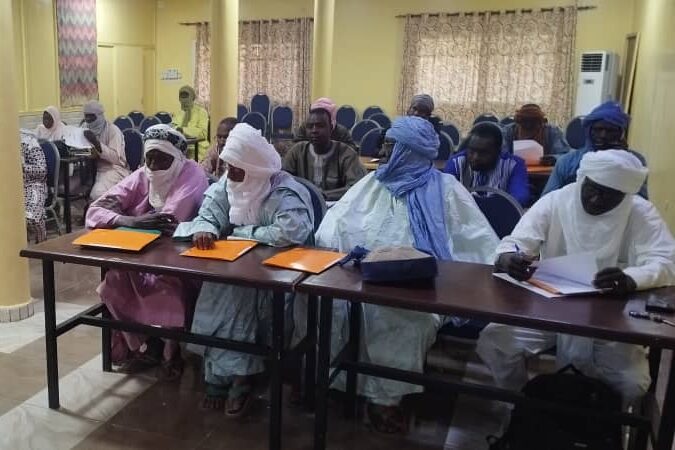
Project name
RAISE
Duration of the project
Start: |
01.01.2022 |
End: |
31.12.2025 |
Budget
CHF 472’389
Partners
- RBM
- CEMIRIDE
- Fastenaktion
- DKA
- Rural Women Assembly (RWA)
Co-funded by
- Swiss Agency for Development and Cooperation SDC
Project area
Topics
Tags
Hintergrund
RAISE is a global programme involving various organisations in different regions of the world. The RAISE project aims to implement the UN Declaration on the Rights of Peasants and Other People Working in Rural Areas. VSF-Suisse is focussing on the Sahel region, specifically Kenya and the border triangle around Mali, Niger and Burkina Faso.
Pastoralists (nomadic communities) are still among the marginalised groups and are therefore often not in a position to demand their rights. The RAISE project focuses on land rights and the right of pastoralists to move with their livestock along defined corridors, even across national borders. It is precisely this right that is central to the pastoral communities’ way of life and the continued existence of nomadic culture.
As part of the project, proposals are made to the responsible institutions in order to achieve improvements in the legal framework. VSF-Suisse is primarily concerned with promoting exchange between West and East Africa and using synergies in UN processes.
Goals
The goal is to improve food security and reduce malnutrition in all its forms, especially for the most disadvantaged groups such as women and young people.
Specific objectives are as follows:
- Farmers are aware of their rights and are able to claim them.
- Institutions are familiar with farmers’ rights and ensure their implementation.
- The global framework for farmers’ rights is strengthened through UN mechanisms.
- Global alliances are formed to further promote farmers’ rights.
Approach
With a human rights-based, multi-stakeholder, participatory and inclusive approach, RAISE aims to promote the realisation of farmers’ rights: This involves promoting knowledge of rights, supportive legal frameworks and practical implementation. In addition, there are participatory bottom-up processes for human rights education in which all relevant target groups are represented: Women, young people, ethnic minorities, smallholder farmers, agricultural workers as well as pastoralists. The aim is to strengthen both the authorities and legal bodies in their knowledge and enforcement of the rights of pastoralists and to empower pastoralists in the exercise of their rights and duties with regarding land issues.
The project aims to promote and strengthen networks of farmers’ organisations in the south, promoting dialogue between government, administration, the private sector and representatives of civil society.
Which of the 17 UN Sustainable Development Goals does this project work towards?
